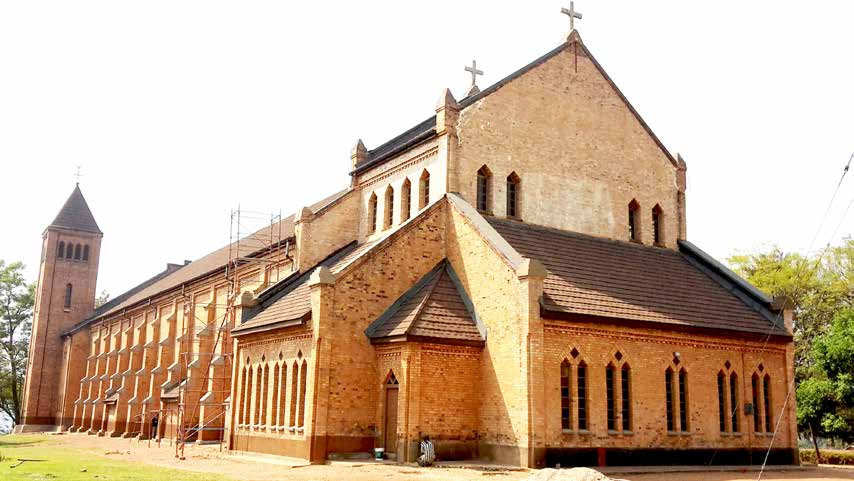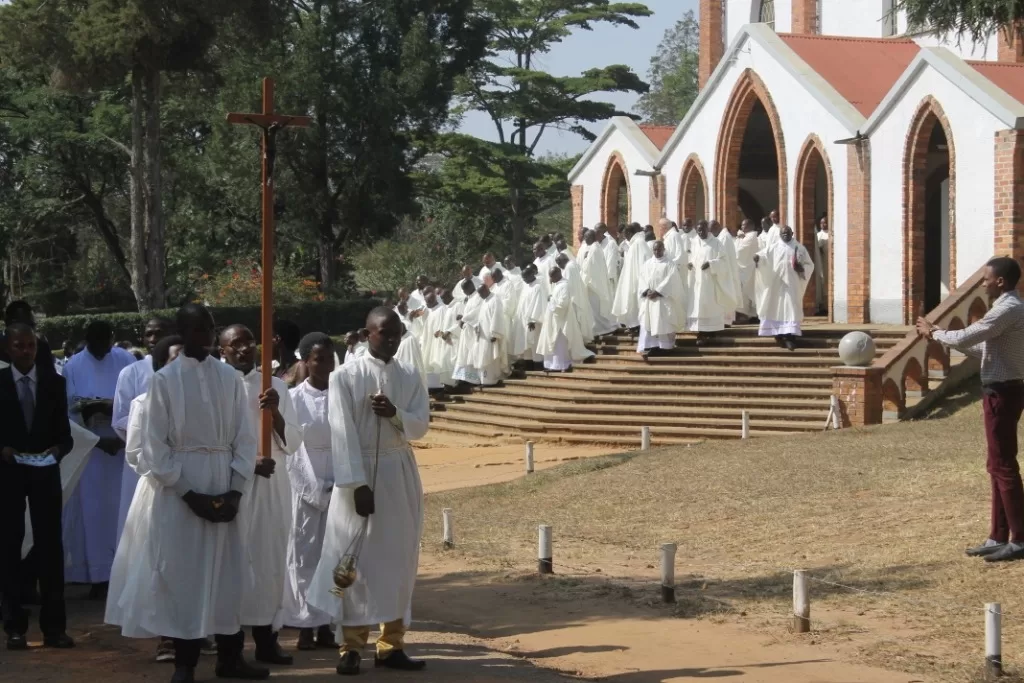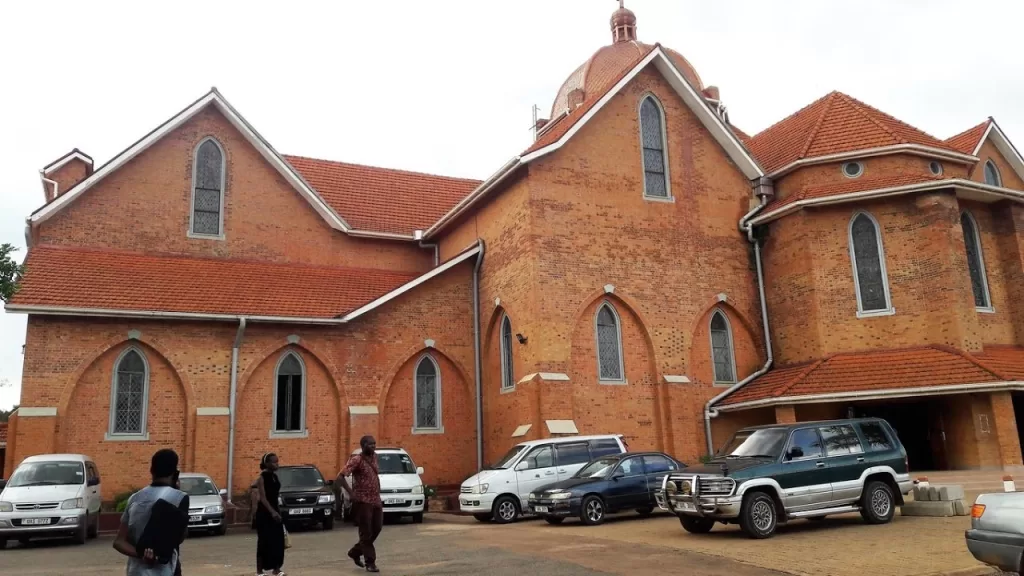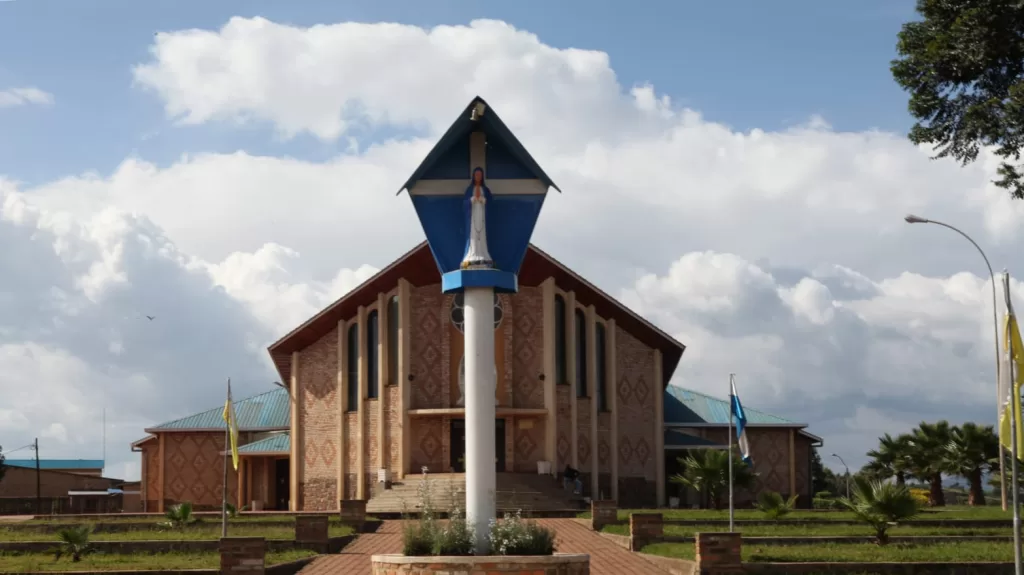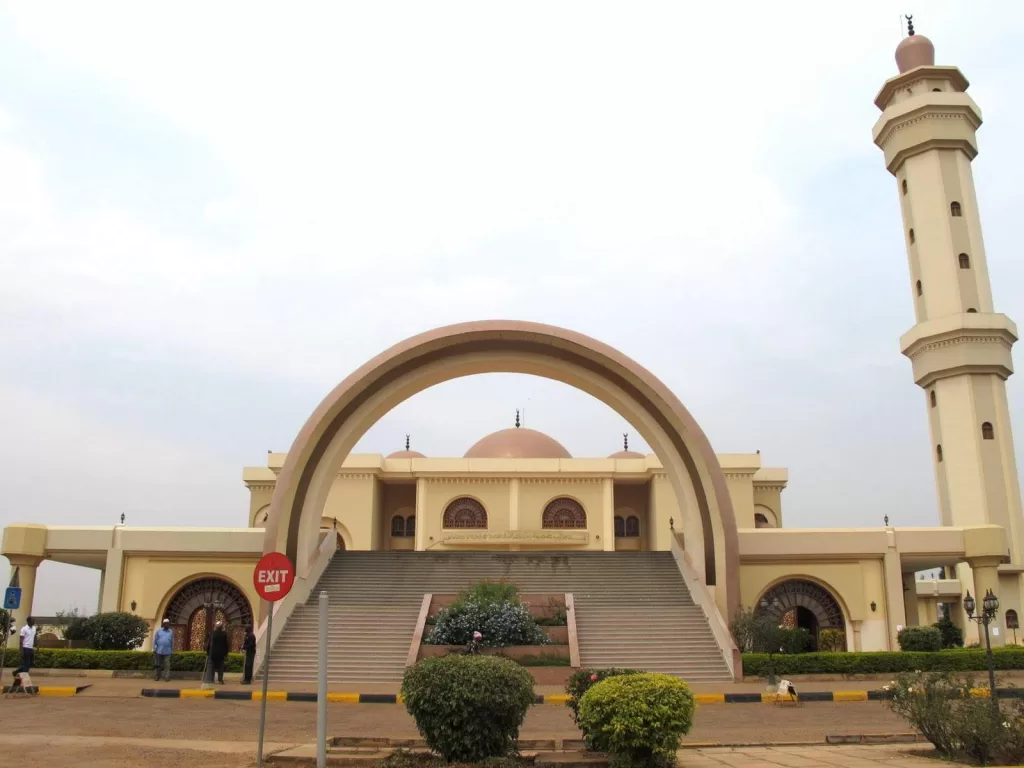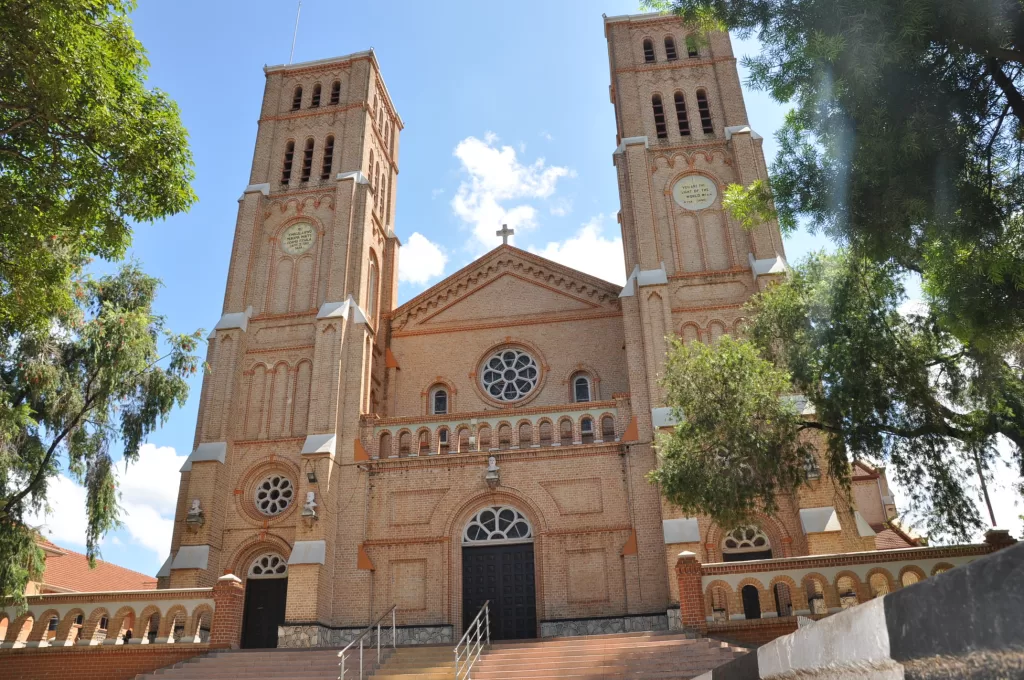The Kigali Genocide Memorial is a significant historical and commemorative site located in Kigali, the capital city of Rwanda. Here is some information about the Kigali Genocide Memorial:
Purpose and Significance: The Kigali Genocide Memorial serves as a memorial and documentation center dedicated to the victims of the Rwandan Genocide in 1994. It commemorates the lives lost during the genocide and provides a space for remembrance, education, and healing.
Commemorating the Genocide: The memorial serves as a place of remembrance for the estimated 250,000 victims buried there. It provides a solemn and respectful setting for visitors to honor and pay tribute to those who lost their lives during the genocide.
Documentation and Education: The Kigali Genocide Memorial plays a vital role in documenting and preserving the history and facts of the Rwandan Genocide. It includes a comprehensive exhibition that educates visitors about the causes, events, and consequences of the genocide. The exhibition utilizes photographs, artifacts, videos, and survivor testimonies to convey the magnitude and impact of the tragedy.
Memorial Gardens: The memorial includes beautifully landscaped gardens where visitors can reflect, meditate, and find solace. The serene and peaceful atmosphere of the gardens provides a space for personal reflection and remembrance.
Genocide Archive: The memorial houses the Genocide Archive of Rwanda, which collects, preserves, and provides access to a wide range of documents, photographs, and audiovisual materials related to the genocide. The archive serves as a resource for researchers, scholars, and the general public seeking to learn about the genocide.
Children’s Memorial: Within the Kigali Genocide Memorial, there is a dedicated section known as the Children’s Memorial. This area specifically honors the children who were killed during the genocide. It aims to raise awareness about the impact of the genocide on Rwanda’s younger generation.
Education and Healing Programs: The memorial organizes educational programs, workshops, and events aimed at promoting healing, reconciliation, and preventing future genocides. These initiatives seek to create awareness, foster dialogue, and promote unity and understanding among Rwandans and visitors from around the world.
Guided Tours and Services: The Kigali Genocide Memorial offers guided tours led by knowledgeable staff who provide insight into the history and significance of the memorial. Additionally, counseling services are available for genocide survivors and individuals affected by the tragedy.
Visitors to the Kigali Genocide Memorial are encouraged to approach the site with respect, sensitivity, and a willingness to learn. It is a solemn place that aims to promote understanding, reconciliation, and the prevention of future genocides through education and remembrance.


